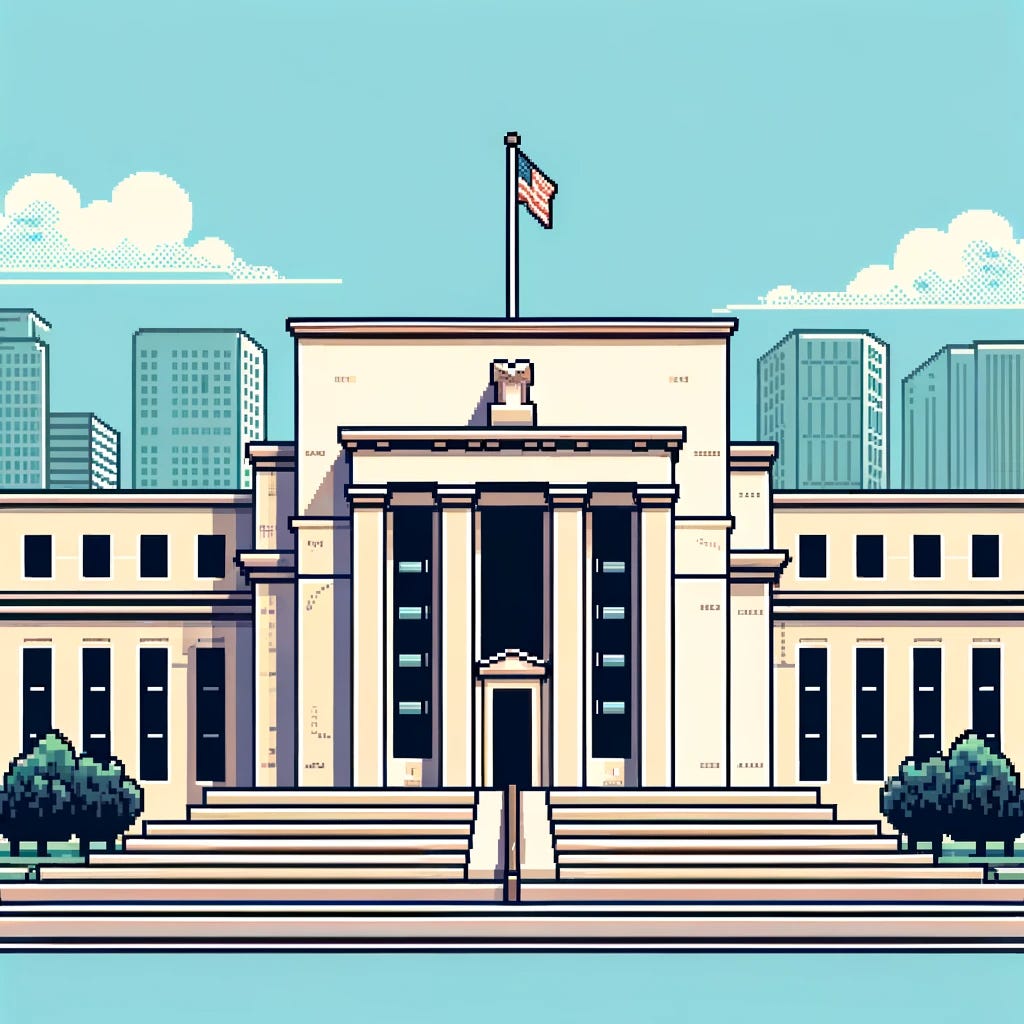Digital Asset Market: Bitcoin and altcoins saw gains on Tuesday, with NEAR Protocol, Avalanche, and Solana leading the charge. Bitcoin has rebounded from a low of $40,000 and is currently trading at around $43,000. Traders are watching for a breakthrough above $45,000, which may be influenced by positive news or an equity rally. Blackrock has also filed an updated proposal for a bitcoin ETF, switching to a cash creation and redemption model in hopes of gaining SEC approval. This move follows other firms updating their proposals, with speculation that the SEC may approve multiple spot bitcoin ETFs as early as January.
Macro Economics: The Bank of Japan (BoJ) decided to maintain its policy settings, keep the rate at -0.1%, and maintain its yield target and 1.0% reference rate for 10-year Japanese government bonds. The BoJ acknowledged that the rate of inflation is slower than before, attributed to lower energy prices. The BoJ also stated that it is willing to take further easing measures if needed. In his remarks, Ueda highlighted the gradual improvement of the economy but cautioned about monitoring market conditions. He also mentioned a focus on data and business surveys to assess wage growth. Japan's Chief Cabinet Hayashi expects the BoJ to continue appropriate monetary policy with wage hikes. The Reserve Bank of Australia's minutes from the December meeting showed that members considered a 25 bps rate hike but ultimately decided to keep it steady. In commentary by ECB's Villeroy, he predicts faster wage growth than price increases and states that the ECB will not hike but may lower interest rates in 2024.
Equities: US stocks are seeing gains in the early afternoon trading, with the Dow Jones Industrial Average, S&P 500, and Nasdaq Composite all rising. Investors remain positive about potential interest rate cuts despite warnings that these hopes may be overblown. Federal Reserve officials have indicated that it is too soon to predict a rate cut, while the Bank of Japan has decided to keep interest rates at a negative level. Investors are also monitoring oil prices, as more companies avoid transiting through the Red Sea due to recent attacks.
The Fed and US Treasury: The Federal Reserve's dovish swing last week, which saw interest rates fall, is best explained by the need to replenish Treasury reserves. The government's high interest-rate bill is causing a drain on reserves, which has led the Fed to shift towards an accommodative policy. Politics may have played a part in the decision, but ultimately it is driven by the need to maintain liquidity in the economy and avoid triggering a financial crisis. The Treasury's decision to run a large fiscal deficit has led to the Fed's "Treasury pivot" to use the reverse repo facility to fund government borrowing needs.
Geopolitical: The US warns that its aid to Ukraine will expire soon if Congress doesn't approve more funding. A growing number of Republicans are opposed to providing aid to the country, and the Ukrainian military is facing difficulties in recruiting new soldiers. Meanwhile, the Russian-led military alliance plans to carry out seven drills in 2024 and Ukrainian president Volodymyr Zelenskyy is facing criticism for his leadership. European countries are increasingly worried about the possibility of Russia opening a second front, and the UK reaffirms its support for Ukraine. However, there are concerns about Ukraine's slow progress in its counteroffensive and Hungary has blocked EU aid for the country.
View from our desk
The cryptocurrency market has experienced a relatively calm week. Following a period of profit-taking last week, opportunistic buyers stepped in, driving Bitcoin (BTC) back above the $43,000 mark. This upward trend was mirrored in several altcoins, with notable gains in cryptocurrencies like Avalanche and Solana. Despite these movements, Bitcoin continues to outperform a broader basket of altcoins. However, the market's anticipation of a decision from the SEC regarding BlackRock's ETF application has been tempered, with expectations now set for January 2024, as a decision this year appears increasingly unlikely.
In the broader economic landscape, the Federal Reserve's indication of potential rate cuts in early 2024 has contributed to a positive sentiment as the holiday season begins. However, key economic data releases this week will be crucial in assessing the accuracy of the Fed's decision. The personal consumption expenditures price index for November, due for release on Friday, will provide valuable insights into current inflation levels, which are anticipated to have decreased slightly. Additionally, the housing market is under the spotlight, with upcoming reports on building permits, existing home sales, and new home sales. Consumer sentiment is on the rise, buoyed by falling gasoline prices and stable incomes, setting the stage for what could be a robust holiday shopping season. The Fed's updated economic and inflation forecasts for the coming year and beyond suggest cautious optimism.
Despite these positive indicators, there is a sense at 1Konto that the Federal Reserve may have been premature in setting market expectations for a rate cut in the first quarter of 2024. A more prudent approach might have been to wait another quarter, allowing for further data to confirm a sustained trend of lower inflation. This cautious stance reflects a broader perspective within the financial community, where the timing and nature of policy decisions are critical in shaping market dynamics and investor confidence. As we navigate through these economic nuances, the interplay between monetary policy, market expectations, and real economic data will continue to be a focal point for investors and analysts alike.
Happy Trading!
The 1Konto Team
Elevate your institution's digital asset trading with 1KPrime. Reach out today for a consultation on our tailored solutions for best price liquidity and services in digital and fx.
Not Financial Advice Disclaimer



